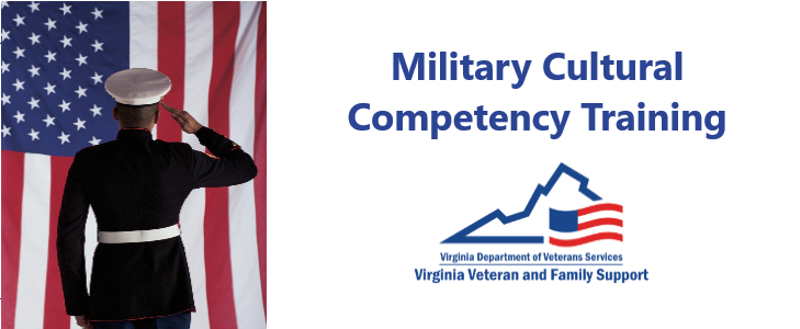Military Cultural Competency and Transition Awareness Training
9:00 AM This training is intended to assist state agencies, community partners and behavioral health providers in better understanding, communicating and effectively interacting with military members, veterans, and their families. Click here to view the training flier.




